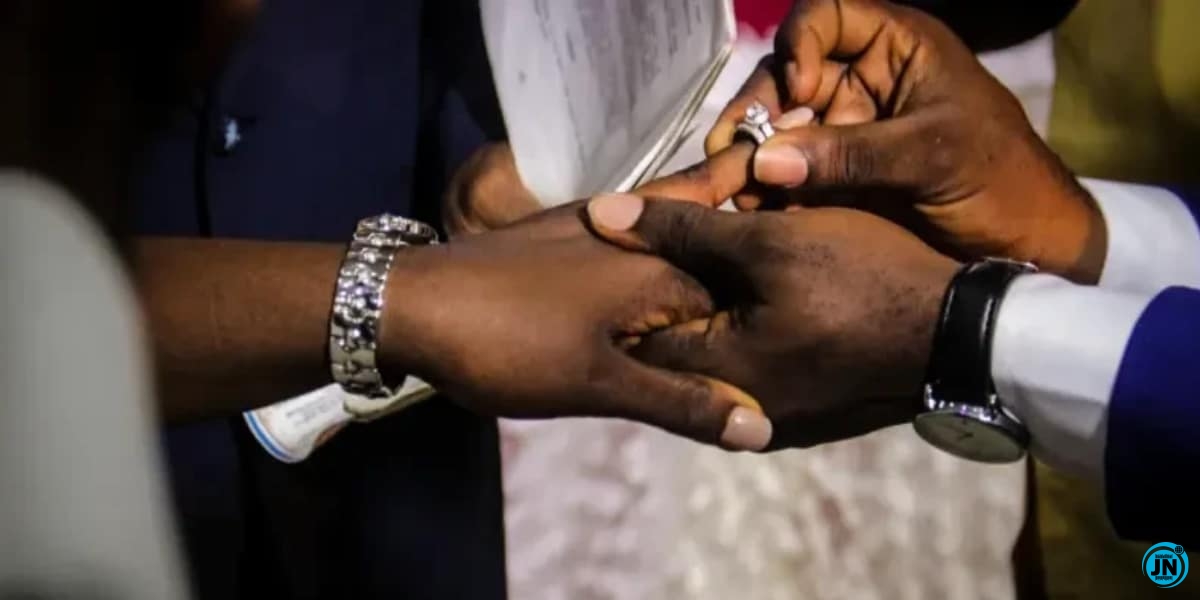
An Assemblies of God Church, Okpu 2, located in Aba, Abia State, has reportedly made the decision to cancel a couple’s wedding after the bride refused to comply with one of the church’s traditional requirements, which was to spend the night in the pastor’s house before the ceremony. The decision to call off the wedding has since sparked a great deal of controversy, as the church authorities held firm to their rules, even as guests had already gathered for the event.
According to reports, the bride’s refusal to spend the night at the parsonage, which is a standard procedure for members of the church before their marriage ceremony, was the primary reason for the cancellation of the wedding. This procedure is designed to allow the bride to receive counseling from the wife of the officiating pastor, who would offer guidance and spiritual advice to help prepare her for the wedding and married life. The church believes that this counseling is a crucial part of the marital preparation process, and it is expected that all brides adhere to this requirement.
In addition to this, the church also enforces another rule that mandates a bride to undergo a pregnancy test before the wedding can take place. This policy is intended to ensure that the couple meets the church’s standards before proceeding with the marriage. These rules are in place to maintain what the church sees as moral and spiritual integrity among its members, although they have faced some criticism over the years for their strictness.
An eyewitness to the situation, Promise Uzoma Okoro, explained that the bride’s refusal to comply with the requirement to stay at the pastor’s house led the church authorities to make the decision to cancel the wedding. Okoro disclosed that the wedding had already attracted numerous guests, all of whom were gathered and waiting for the ceremony to begin when the announcement of the cancellation was made. This unexpected turn of events left the guests in shock, as they had prepared for what was supposed to be a joyous occasion.
The cancellation of the wedding has generated considerable discussion, with many questioning the church’s policies and whether they are too rigid for modern times. While some believe the church is within its rights to enforce its traditions, others have expressed concern that such strict rules might have unintended consequences, especially when they lead to the cancellation of significant life events such as weddings. Regardless of the differing opinions, the incident has undoubtedly brought attention to the church’s procedures and the role they play in the lives of its members.

